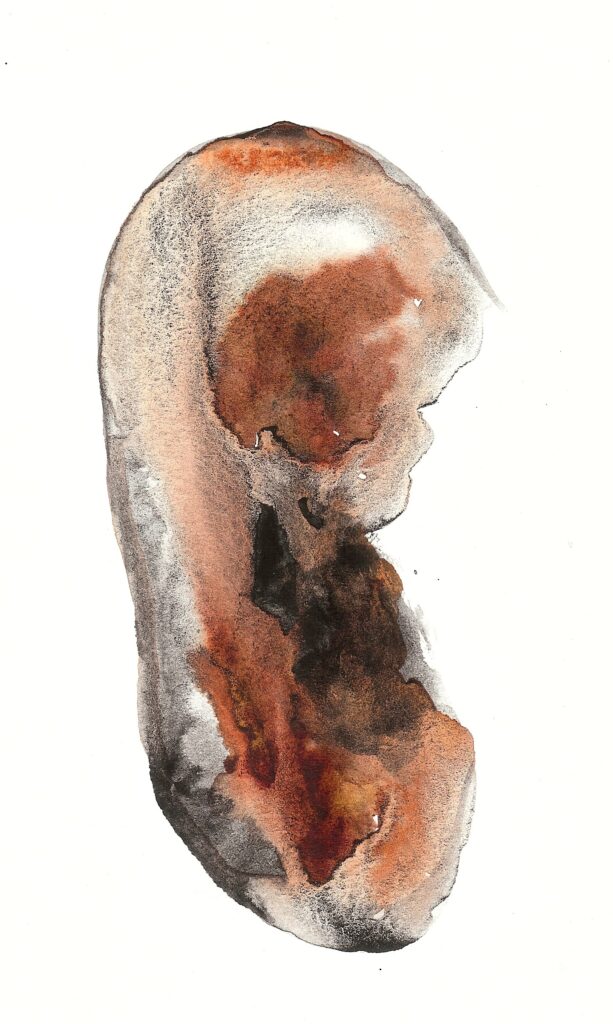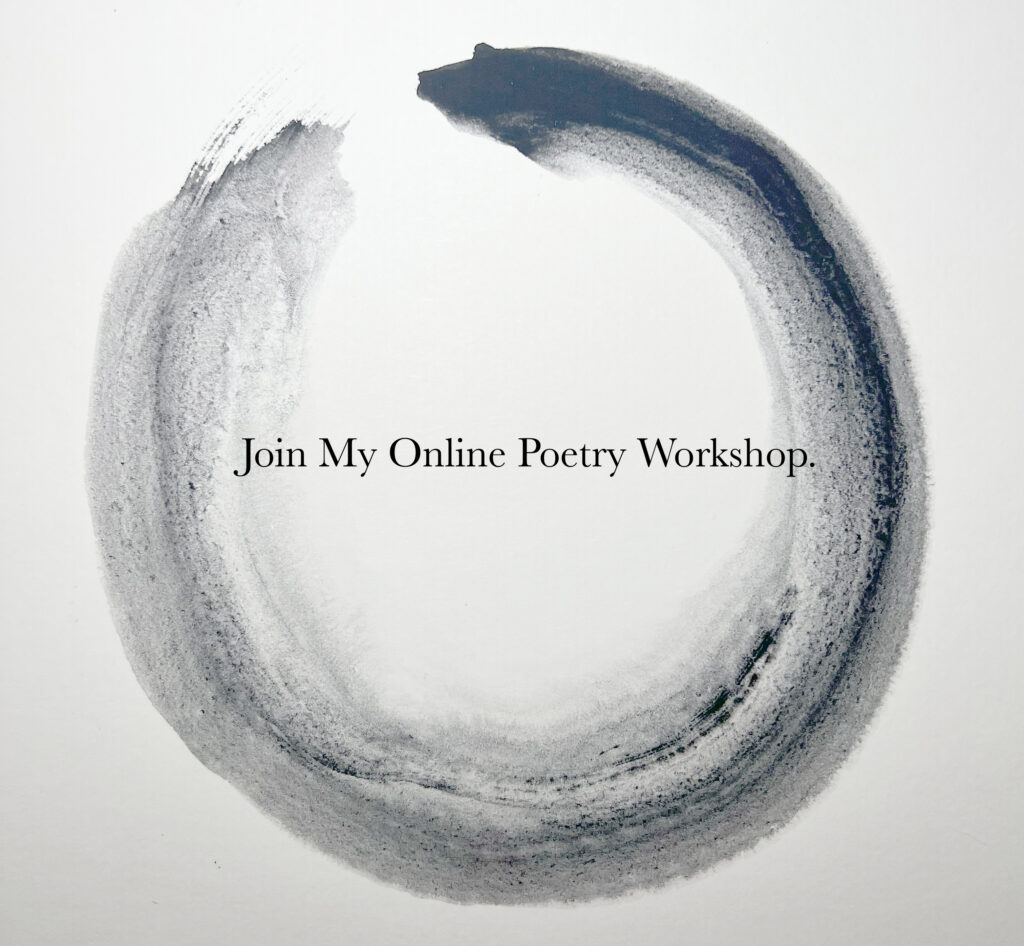Maslow’s famous “Hierarchy of Needs” is often illustrated as a five-step pyramid. At the very base of the pyramid you’ll find basic needs like sleep, food, water, shelter, and reproduction. One step up you’ll find the need for safety and security, which can be defined as freedom from violence as well as financial stability and security. A step higher than that brings you to social needs for belonging and love; the need to be part of a family and part of a community. And one step higher than this brings you to the needs of the ego, the need for self-esteem, power, recognition, and prestige. At the pinnacle of the pyramid you’ll find self-actualization.
Maslow’s popular pyramid is based upon a classic paper called “A Theory of Human Motivation” in which Maslow attempts to explain where motivated behavior comes from. In Maslow’s formulation, when basic needs (such as the need for food) are not met, a person’s motivation will be solely directed toward these needs. As basic needs are met, a person is more able to achieve higher needs and goals. Abraham Maslow wrote: “Man is a perpetually wanting animal.” Maslow’s hierarchy explains why a person who has enough food, proper shelter, a stable family, love, a community, self-esteem, and even power will still have needs and motivations. For Maslow, self-actualization is the pinnacle of human achievement, and also a life-long process.
In Maslow’s formulation, when basic needs are satisfied, they become unimportant, but when they are not satisfied, they dominate the individual’s consciousness. When you are sick, all you can focus on is feeling healthy and pain-free. When you are hungry, all you can focus on is finding food.
A person who is hungry will have his or her “consciousness … almost completely preempted by hunger.”
One of the most important insights that Maslow offers is the fact that needs have the power to shape our stories and shape our view of the world. If basic needs aren’t met, the world can become quite dark indeed. Maslow writes about a child who has taken ill for whom the “appearance of the whole world suddenly changes from sunniness to darkness…and becomes a place…in which anything at all might happen.”

Maslow’s paper was written in 1943. He writes that “the healthy, normal, fortunate adult in our culture is largely satisfied in his safety needs. The peaceful, smoothly running, ‘good’ society ordinarily makes its members feel safe enough from wild animals, extremes of temperature, criminals, assault and murder, tyranny, etc.” Maslow writes that in order to see how the lower needs affect a person, we must turn to the “economic and social underdogs.”
Oh and how far our society has come from Maslow, where there are now so many more of these “economic and social underdogs!” As income-inequality has grown, as more people live under crushing debt (Forbes notes that federal student loan debt is over 1.5 trillion dollars and growing), as more people feel less secure in their access to food, shelter, and safety (we think of the police killings of Black men and women, the fact that the U.S. government looks less and less like a representative democracy every day as more districts are gerrymandered to favor minority rule), in 2020 America we see more people suffering from precarity, stuck perpetually at the bottom of Maslow’s hierarchy. These “economic and social underdogs” are the vast majority of us, struggling paycheck to paycheck, not sure if we’ll be able to afford food, or shelter, or pay our next medical bill. Do we even live in the “good” society Maslow claims to exist in 1943?
According to Maslow, neurotic adults (those whose safety is uncertain), live in a world that appears to be “hostile, overwhelming, and threatening.” Maslow explains that such a person behaves as if a great catastrophe were always impending.” And how could he not when he is living in a world where the next pay check is increasingly not guaranteed, where the savings account can’t even cover one emergency? Maslow explains that such a man searches for a “protector…or perhaps, a Fuehrer.” And those who do not turn to tyrants and dictators live in a state of constant stress and anxiety. Is it any wonder why Americans are suffering from mental health crises?
There is a real danger in a society that fails to offer meaningful security to such large groups of its population. I believe we are already seeing the cracks.
How have we gotten here? Beyond the need for food, shelter, and security, there is a need for self-esteem and self-respect. Self-esteem is based on achievement, self-respect, independence, freedom, and it is also based on how one is viewed in the eyes of others (reputation and prestige).
Strength, esteem, respect. In a consumeristic culture, where does this derive? For too many in our social framework, material possessions and achievements mark a person’s strength, esteem, and respect. Those who can afford to regularly consume feed the very frameworks that lead to inequality and wealth disparity.
Self-actualization is higher than all these. For Maslow “a musician must make music, an artist must paint, a poet must write, if he is to be ultimately happy.” To self-actualize is to achieve one’s greatest human potential. When one’s greatest human potential is tied inextricably to the capitalist project—as it often is in our culture, we may conflate self-actualization with self-esteem and the lower needs of security. But when the vast majority of us are spending the vast majority of our time trying to pay the bills, there’s less and less time for self-actualization.
About self-actualization Maslow explains: “The specific form that these needs will take will of course vary greatly from person to person. In one individual it may take the form of the desire to be an ideal mother, in another it may be expressed athletically, and in still another it may be expressed in painting pictures or in inventions. It is not necessarily a creative urge although in people who have any capacities for creation it will take this form.”
Fulfillment must be more than what we own. I think we all know this on a fundamental level, even Kim Kardashian. Maslow himself was perplexed because he noted that science did not know much about self-actualization and that “basically satisfied people are the exception.”
Why all this lack of satisfaction? Why is it that those in our culture whose basic needs are met still feel at a loss? Why is it that the seemingly self-actualized among us, the famous musicians or actors, for example, still express a wish for more?
Did Maslow miss a rung? Should there be a rung for spiritual actualization? Or maybe so many in our culture, in the pursuit of higher achievements, miss rungs along the way—love, belonging and connection go out the window in the pursuit of respect or self-actualization?
Perhaps it is humanity’s ability to put aside essential needs in pursuit of higher ones that leads to confusion. There are cases where the hierarchy of needs can be inverted, where a person with a strong creative drive can give up food and water for a time to meet his or her creative drive; there are people for whom power and respect are more important than love. When we omit important aspects of our human needs, something essential gets lost.
Maslow’s hierarchy of needs has been critiqued as an oversimplification of human drives and motivation. And yet, the hierarchy so captures the popular imagination that we must look at it closely when discussing motivation. And it does describe some of the things that do seem to contribute to the richness of human life.
I also don’t think it can so easily be used to explain the behaviors of society as a whole. What motivates the culture is not necessary what motivates the individual, especially if self-actualization is not the goal of the culture. I wonder what would happen if self-actualization became a goal of the culture as a whole. If we, as a culture and society, started from the bottom of the pyramid, and made sure everyone was fed and sheltered first, and then worked on the rest of it, where would we be?

About the Writer
Janice Greenwood is a writer, surfer, and poet. She holds an M.F.A. in poetry and creative writing from Columbia University.
